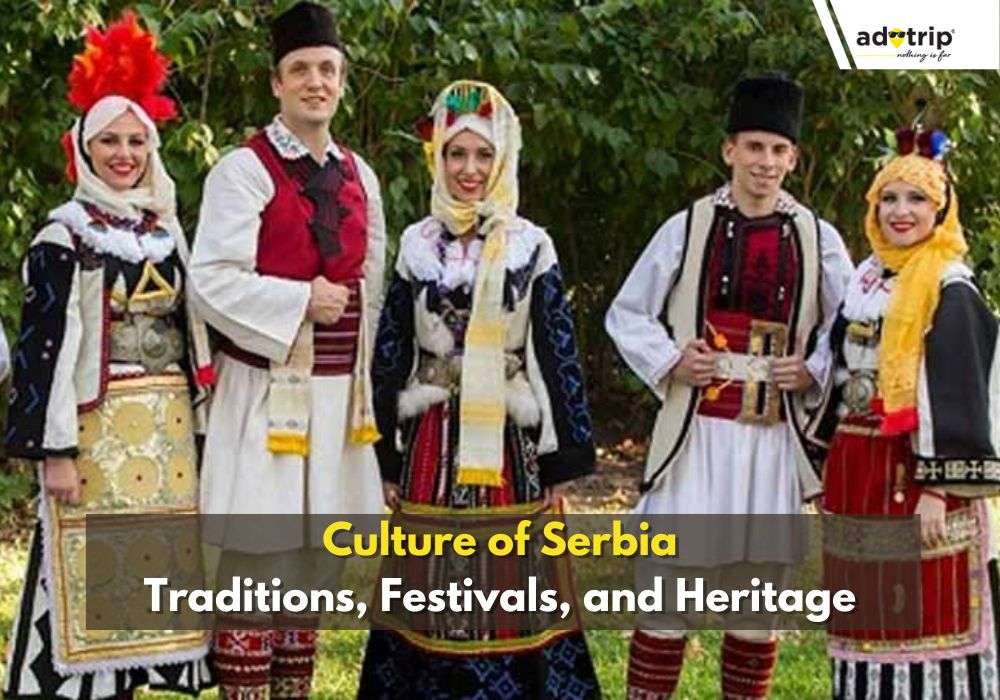
Last Updated At: 24-Jan-2025
Culture of Serbia – Traditions, Festivals, and Heritage
Serbia has a rich history, beautiful landscapes, and vibrant culture. It is also recognized for its delectable cuisine, emphasising grilled meats and pastries that delight the taste buds. The country boasts a lively music and dance tradition, with traditional folk music resonating through its cultural fabric. Serbia's calendar is dotted with vibrant festivals celebrating its heritage.
The best time to experience the culture of Serbia is generally from March to May and then September to October, avoiding the heat of June, July, and August. Serbia ensures a safe environment for visitors, contributing to a memorable cultural exploration. Belgrade Nikola Tesla Airport is a gateway to this cultural haven, welcoming international travellers with its modern facilities and warm hospitality. Read on to discover the real magic of Serbian Culture.
Culture of Serbia - Rhythms and Melodies
Whether wandering through historic sites or enjoying the lively atmosphere of a traditional Serbian festival, the Culture of Serbia offers a captivating experience. Get ready to uncover the secrets of Serbia's cultural heritage!
- Serbian Folk Traditions | A Tapestry of Heritage
- Culinary Delights | Exploring Serbian Flavours
- Rhythms and Melodies | Music Across Serbia
- Living Arts | Serbian Traditional Crafts
- Dynamic Festivals | Celebrating Serbian Culture
- Architectural Marvels | Serbian Monastery Heritage
- Literary Landscapes | Contributions to Literature
- Dance Expressions | Traditional Serbian Moves
- Language Legacy | Serbian Linguistic Heritage
- Modern Trends | Contemporary Serbian Culture
- Visual Arts | Serbian Painting and Sculpture
- Cinematic Impressions | Serbian Film Culture
- Theatrical Traditions | Drama in Serbian Culture
- Serbian Festive Attire | Tradition in Dress
- Cultural Fusion | Influences Shaping Serbia
1. Serbian Folk Traditions - A Tapestry of Heritage
Serbia's rich cultural tapestry is intricately woven with Serbian traditional music, a cornerstone of its identity. This melodic heritage, passed down through generations, reflects the nation's spirit and history. From the lively tunes of the kolo dance to the soulful melodies of traditional instruments, Serbian folk music resonates at the heart of cultural gatherings, embodying the essence of community and storytelling.
2. Culinary Delights - Exploring Serbian Flavours
Exploring the culinary delights of Serbia unveils a world of taste sensations rooted in tradition. Traditional Serbian cuisine is characterised by hearty dishes like ćevapi, sarma, and ajvar, each telling a tale of regional influences and historical significance. The blending of flavours and the use of local ingredients create a unique culinary experience that mirrors the diverse cultural customs of Serbia.
3. Rhythms and Melodies - Music Across Serbia
The rhythms and melodies that echo across Serbia are a testament to its vibrant music scene. From the soul-stirring sounds of the gusle to the contemporary beats of Serbian pop, the nation's musical landscape spans genres and eras. Serbian traditional music continues to thrive alongside modern influences, creating a harmonious blend that resonates with the evolving cultural pulse of the country.
4. Living Arts - Serbian Traditional Crafts
Serbian living arts encompass a wealth of traditional crafts that have withstood the test of time. From intricately woven textiles and hand-painted ceramics to woodcarving and metalwork, these crafts showcase the artistic skills passed down through generations. These living arts adorn homes and serve as a testament to the craftsmanship embedded in Serbian cultural heritage.
5. Dynamic Festivals - Celebrating Serbian Culture
Serbia comes alive with dynamic festivals that celebrate its cultural diversity. These events, steeped in tradition and contemporary Serbian art, unite communities. Whether it's the vibrant Belgrade Beer Fest or the joyous Guča Trumpet Festival, these celebrations reflect the cultural vibrancy and communal spirit that define cultural festivals in Serbia.
6. Architectural Marvels - Serbian Monastery Heritage
Historical landmarks in Serbia are architectural marvels, with monasteries as timeless symbols of the nation's spiritual and artistic heritage. These monastic wonders, such as Studenica and Žiča, tell stories of mediaeval Serbia and house invaluable treasures of art and literature, preserving the country's cultural customs.
7. Literary Landscapes - Contributions to Literature
The literary landscapes of Serbia are adorned with the works of esteemed writers and poets who have contributed significantly to world literature. The legacy of figures like Ivo Andrić, a Nobel laureate, and others has left an indelible mark, showcasing Serbian literary traditions' depth and intellectual richness.
8. Dance Expressions - Traditional Serbian Moves
Serbian folk dance, expressed through the energetic and intricate steps of the kolo, is a cultural phenomenon that reflects the dynamism and unity of the Serbian people. These traditional dance expressions are lively in cultural events and celebrations, embodying the nation's vibrant spirit and collective identity.
9. Language Legacy - Serbian Linguistic Heritage
Serbia's language legacy is a cornerstone of its cultural identity. With deep historical roots, the Serbian language has evolved to become a unique linguistic heritage. From epic poems recited in the lyrical tones of old Serbian to contemporary expressions, language is a dynamic thread connecting generations and preserving the cultural customs of the nation.
10. Modern Trends - Contemporary Serbian Culture
Contemporary Serbian art is a testament to the nation's ability to adapt while maintaining its cultural essence. From visual arts and sculpture to film and performance, modern trends in Serbian culture reflect the intersection of tradition and innovation, providing a glimpse into the evolving expressions of creativity in today's dynamic society.
11. Visual Arts - Serbian Painting and Sculpture
Serbian visual arts paint a vivid picture of creativity and expression. Painters like Nadežda Petrović and sculptors such as Ivan Meštrović have left enduring legacies. Their works, deeply rooted in Serbian landscapes and culture, exemplify the mastery and aesthetic beauty of Serbian painting and sculpture, contributing to the nation's artistic tapestry.
12. Cinematic Impressions - Serbian Film Culture
Serbian cinematic impressions have carved a niche in the global film landscape. Filmmakers like Emir Kusturica and festivals like FEST have brought international acclaim to Serbian cinema. Exploring themes rooted in history, identity, and contemporary society, Serbian films offer a lens into the nation's cultural richness and storytelling prowess.
13. Theatrical Traditions - Drama in Serbian Culture
Serbian theatrical traditions unfold with a rich tapestry of drama and performance. From classical theatre to avant-garde productions, Serbia's stage is creative. The works of playwrights like Branislav Nušić and contemporary theatre groups contribute to the nation's dynamic theatrical traditions, reflecting cultural customs and societal reflections.
14. Serbian Festive Attire - Tradition in Dress
Serbian festive attire is a vibrant expression of tradition and identity. From the intricately embroidered patterns of traditional costumes to the significance of colours and accessories, attire plays a vital role in Serbian cultural customs. Festivals and celebrations often showcase the richness and diversity of these traditional garments.
15. Cultural Fusion - Influences Shaping Serbia
The cultural fusion of Serbia reflects the diverse influences that have shaped the nation. From historical interactions with neighbouring regions to contemporary global trends, Serbia's culture is a dynamic blend of tradition and modernity. This fusion creates a unique identity, illustrating how Serbia continues to evolve while maintaining a strong connection to its cultural roots.
Let's celebrate the rich tapestry of Serbia's culture together! From the lively music to the savoury cuisine and colourful traditions, Serbia's heritage is a treasure trove. Whether through attending festivals, trying traditional dances, or enjoying the arts, there are endless ways to connect with and appreciate the unique charm of Serbian culture. So, join in the festivities, savour the flavours, and let the vibrant spirit of Serbia's cultural expressions become a part of your journey. It's an invitation to enjoy, participate, and make lasting memories immersed in the lively traditions of this wonderful nation.
Plan your visit with Adotrip today. Obtain a wealth of information and end-to-end travel assistance and book flights, hotels and tour Packages under one roof.
Also Read: Delicious Food Of Serbia
With us, Nothing is far!
Book Serbia Tour Packages
Frequently Asked Questions About the Culture of Serbia
Q1. What are some traditional Serbian cultural customs and practices?
A1. Here are some of the most prominent ones:
- Slava (Saint's Day Celebration): This is the most important family celebration in Serbia, honouring the family's patron saint.
- Hospitality: Serbs are renowned for their warm hospitality. When visiting a Serbian home, it's customary to bring a small gift, such as flowers or sweets, as a token of appreciation.
- Kolo (Circle Dance): This traditional dance is a symbol of Serbian unity and joy. People join hands and form a circle, dancing in unison to lively music.
Q2. What are the major holidays and celebrations in Serbian culture?
A2. Here are some of the major holidays and celebrations you might encounter:
- Christmas (Božić)
- Easter (Uskrs)
- New Year's Day
- Serbian National Day (February 15th)
Q3. Can you explain the significance of Orthodox Christianity in Serbian culture?
A3. Orthodox Christianity holds deep significance in Serbian culture, acting as a vital force in shaping the nation's identity. The historical Christianization in the 9th century provided a unifying foundation, transcending regional differences. The Serbian Orthodox Church, with its rich artistic heritage housed in monasteries, safeguards the nation's history.
Q4. What traditional Serbian foods and dishes should I try when visiting?
A4. Here are some must-try Serbian dishes that will tantalise your taste buds:
- Sarma
- Pljeskavica
- Gibanica
- Prebranac
Q5. Are there any famous Serbian artists, musicians, or writers known internationally?
A5. Here are a few shining examples:
- Marina Abramović: Arguably Serbia's most celebrated living artist, known for her groundbreaking performance art pieces exploring themes of endurance, vulnerability, and human connection.
- Nadežda Petrović: This early 20th-century painter captivated audiences with her vibrant Fauvist style and depictions of Serbian life and landscapes.
- Miroslav Tichý: Tichý gained international recognition for his raw and intimate portraits and street scenes.
--- Published By Adotrip
Latest Blogs

Long Weekends In India 2025 - List of Holidays

Kazakhstan Travel Guide 2025: Affordable Luxury, Visa Free E...
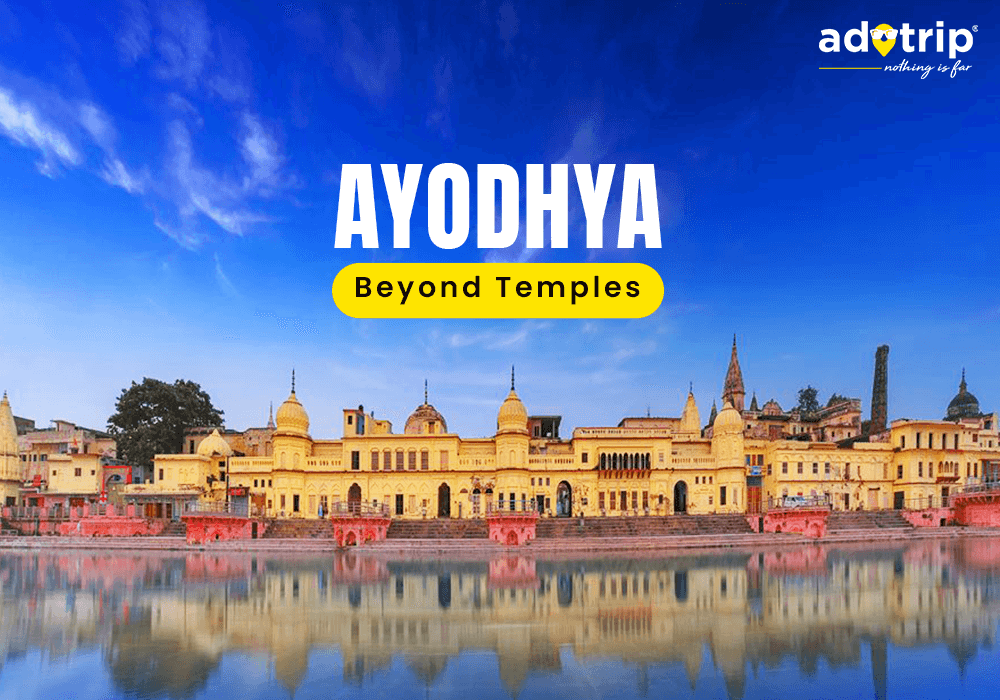
Think Ayodhya is Just Temples? Discover Its Hidden Artistic...

Why Azerbaijan is the Best Budget Friendly Alternative to Sw...



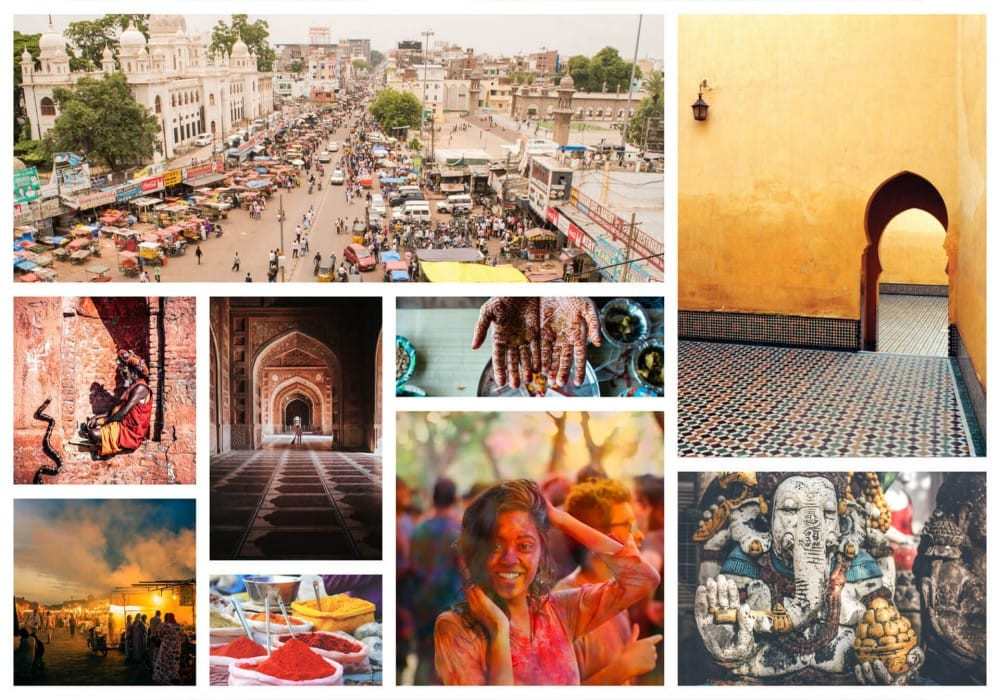
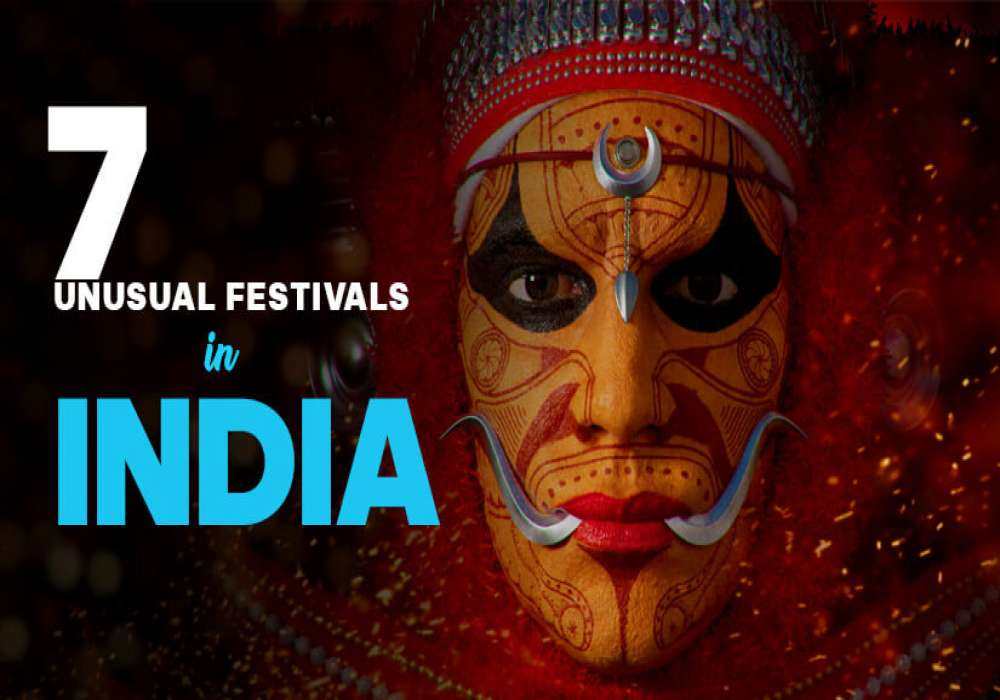


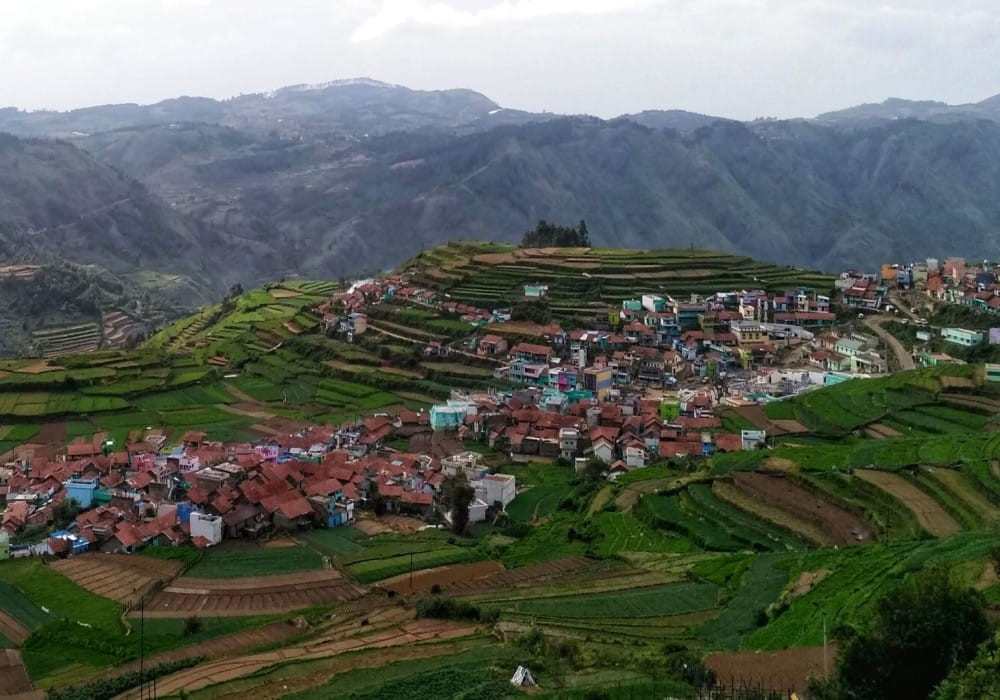


 Dubai
Dubai Malaysia
Malaysia USA
USA





